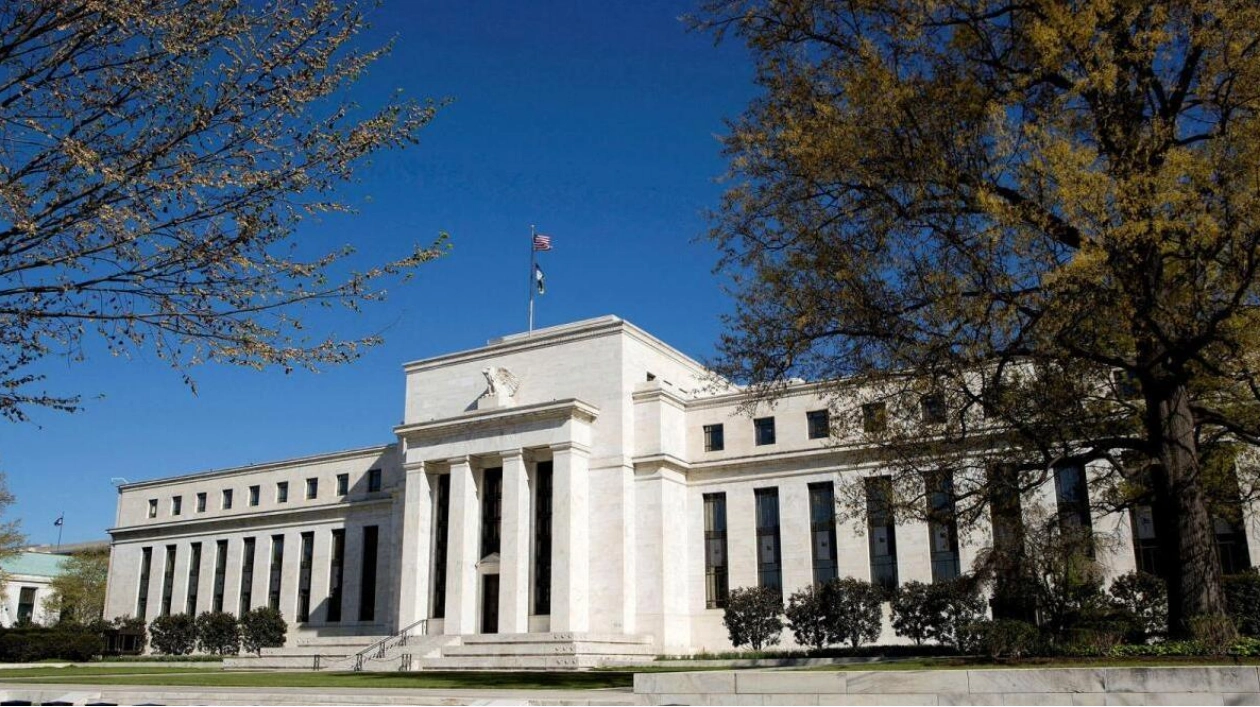At their latest policy meeting, Federal Reserve officials expressed faith in the gradual alleviation of inflationary pressures, despite acknowledging their disappointment with recent inflation readings.
The meeting minutes indicated that the officials still anticipated a return to 2% inflation over the medium term, although they recognized that the slowdown in inflation would likely be more prolonged than previously anticipated.
While the current policy response involved maintaining the central bank's benchmark policy rate at its existing level, the discussion also encompassed the possibility of further rate hikes if risks to inflation materialized in a way that warranted such action.
Furthermore, there was deliberation regarding the level of restrictiveness of the current monetary policy in light of the robust economy, with an emphasis on the necessity for policy to be adequately restrictive to mitigate inflationary pressures.
Despite concerns about inflationary pressures resurging in the economy, Fed officials predominantly perceived the setback in the start-of-year data as a temporary impediment in the ongoing effort to restore inflation to the central bank's 2% target.
The meeting marked the sixth consecutive instance of no change in interest rates, indicating a likelihood of the benchmark rate remaining within the 5.25%-5.50% range until at least September, following heightened concerns about inflation in the initial three months of the year.
In the aftermath of the meeting, signs emerged suggesting a resurgence in easing inflation and a softening in demand, along with a more balanced labor market. Close attention is being paid to potential indicators of a consumption slowdown, particularly given cautionary statements from consumer-oriented companies.
Amid these developments, Fed officials maintained that gaining greater confidence in the sustained movement toward 2% inflation would necessitate more time before considering a pivot to rate cuts, as stipulated in their policy statements since January.
Fed Governor Christopher Waller articulated the need for several more months of positive inflation data before supporting an adjustment in the stance of monetary policy, especially in the absence of significant labor market weakening.






